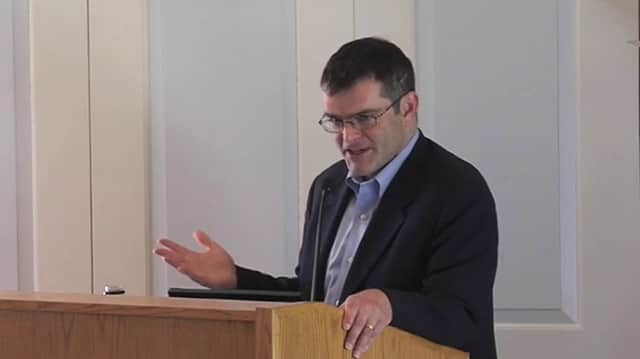Welcome to the age of hyper-anxiety


When people say ‘Don’t worry’ my instinctive response is to regard them as both intellectually challenged and disastrously unaware of the facts of the human condition. Are they serious? I’m a human living in 2016. Given the state of the world and the very real possibility that Donald Trump will take the White House and be given the nuclear codes, now is definitely the time to worry.
I’m being flippant, but anxiety is actually something I struggle with every day. I am not alone: statistics show rocketing numbers of people are being diagnosed with some form of anxiety disorder in the US and Britain year on year so that we might call this the age of anxiety. In fact, anxiety is the most common form of mental illness today with one in five Britons suffering. According to the office for national statistics 40 million Americans are clinically anxious. We tell each other to keep calm and carry on, but it seems we are not particularly adept at it.
Advertisement
Hide AdAdvertisement
Hide AdThis being Mental Health Awareness week, I’ve been wondering why we worry so much and what can we do about it?
Is anxiety, as philosophers such as Soren Kierkegaard and Jean Paul Sartre thought, part of the price we pay for a deepening understanding of reality, the consequence of grappling with the eternal questions?
For the religious worry might be regarded as a failure of faith and trust in God, a state of division from divine succour. Are we more anxious today because secularism and an obsession with superficial concerns leaves us so unsatisfied that we are certain something is very wrong but feel unable to address it?
Do we simply need anxiety to drive us forward as a species? Is restlessness and agitation simply part and parcel of being alive?
Advertisement
Hide AdAdvertisement
Hide AdI don’t claim to have the answers but it was immensely heartening to read this week of American author Scott Stossel who has just published an account of his struggles with debilitating, chronic anxiety. He writes of being reduced to a quivering, sweating wreck on his wedding day, of phobias and tics that have caused him great suffering, of meltdowns in public, of days ruined by obsessive thoughts of disaster and weeks curled in a foetal position in bed unable to function. Anything which generates discussion of mental malaise is a positive step and the more frequently we open up about our own psychological battles the more others will feel lemboldened to do the same and the more able they will feel in overcoming the sense of shame and defeat that can accompany anxiety.So a big shout out to those of us in the grip of anxiety: you are not alone, you are enough, your anxiety is not in vain in so far as it drives you to change your life for the better or in so far as it enables you to empathise that bit more keenly with the mental anguish of others. Be kind to everyone you meet because each of us is fighting a hard battle. The anxious know this deeply. Let’s keep smashing the taboos and the deadly silences that load anxiety with such insidious power.